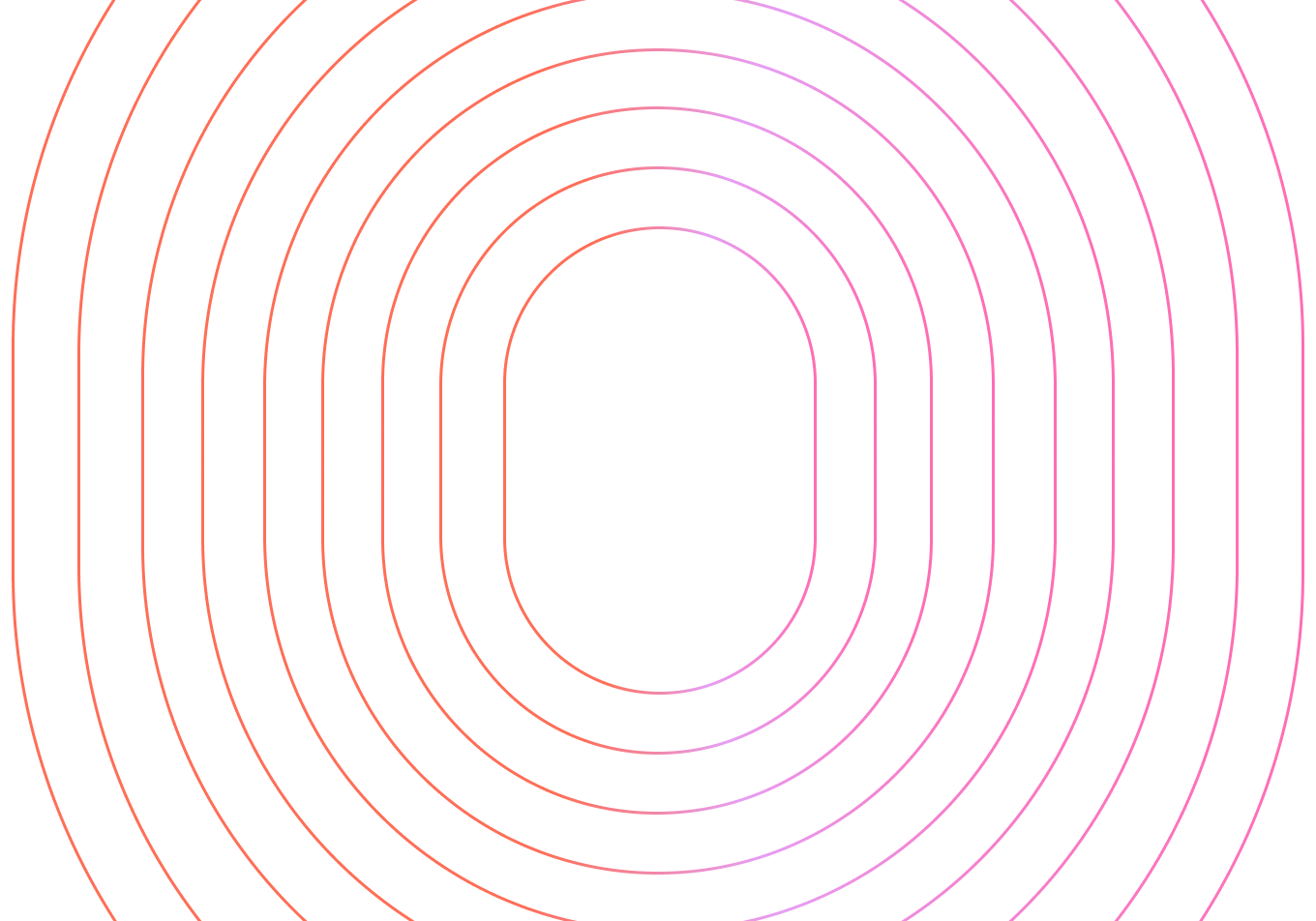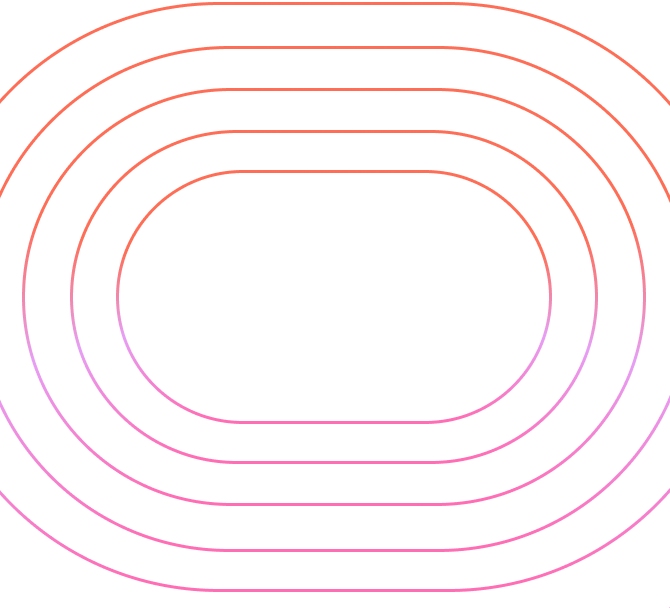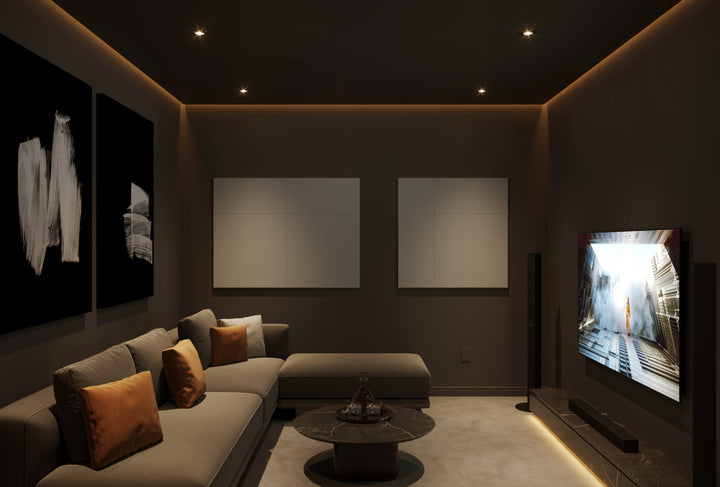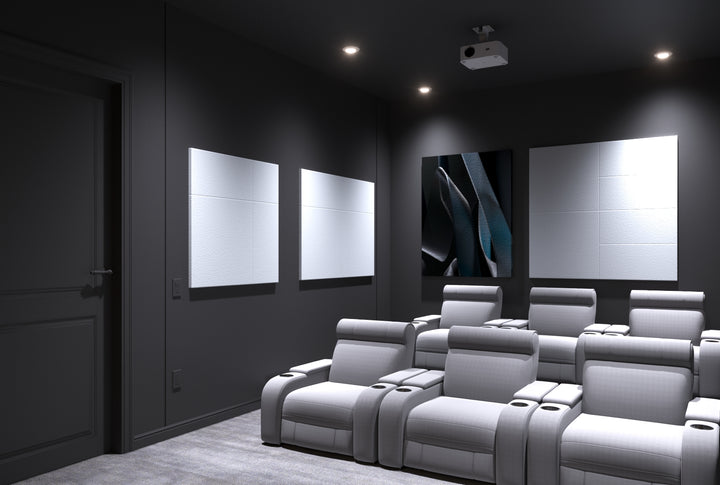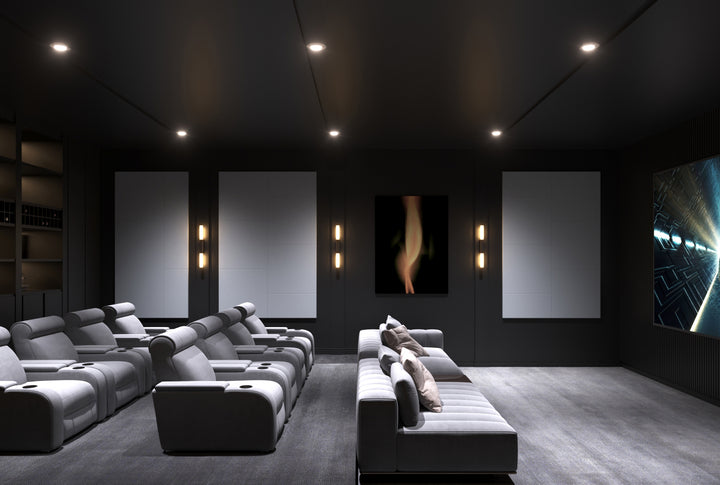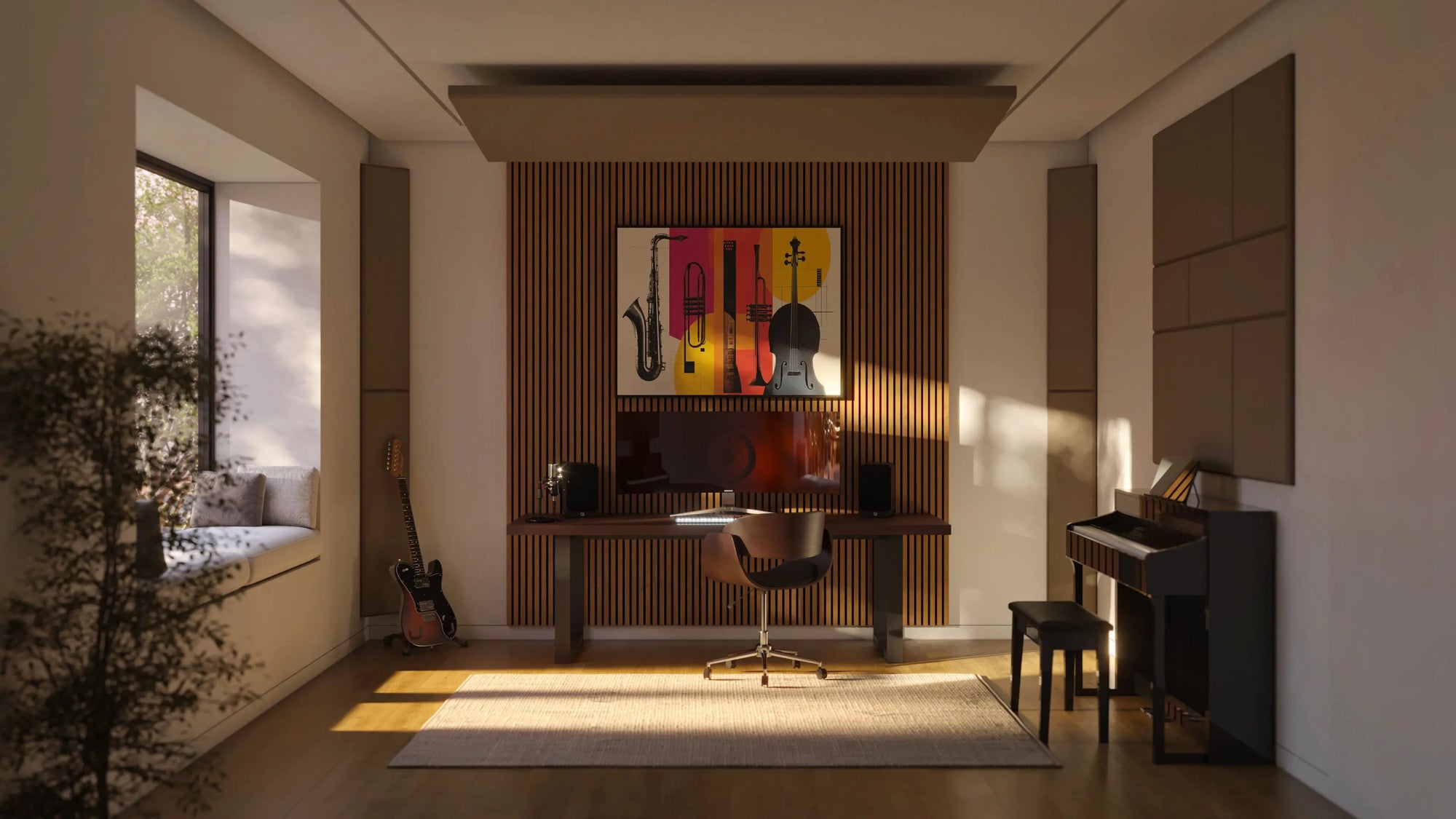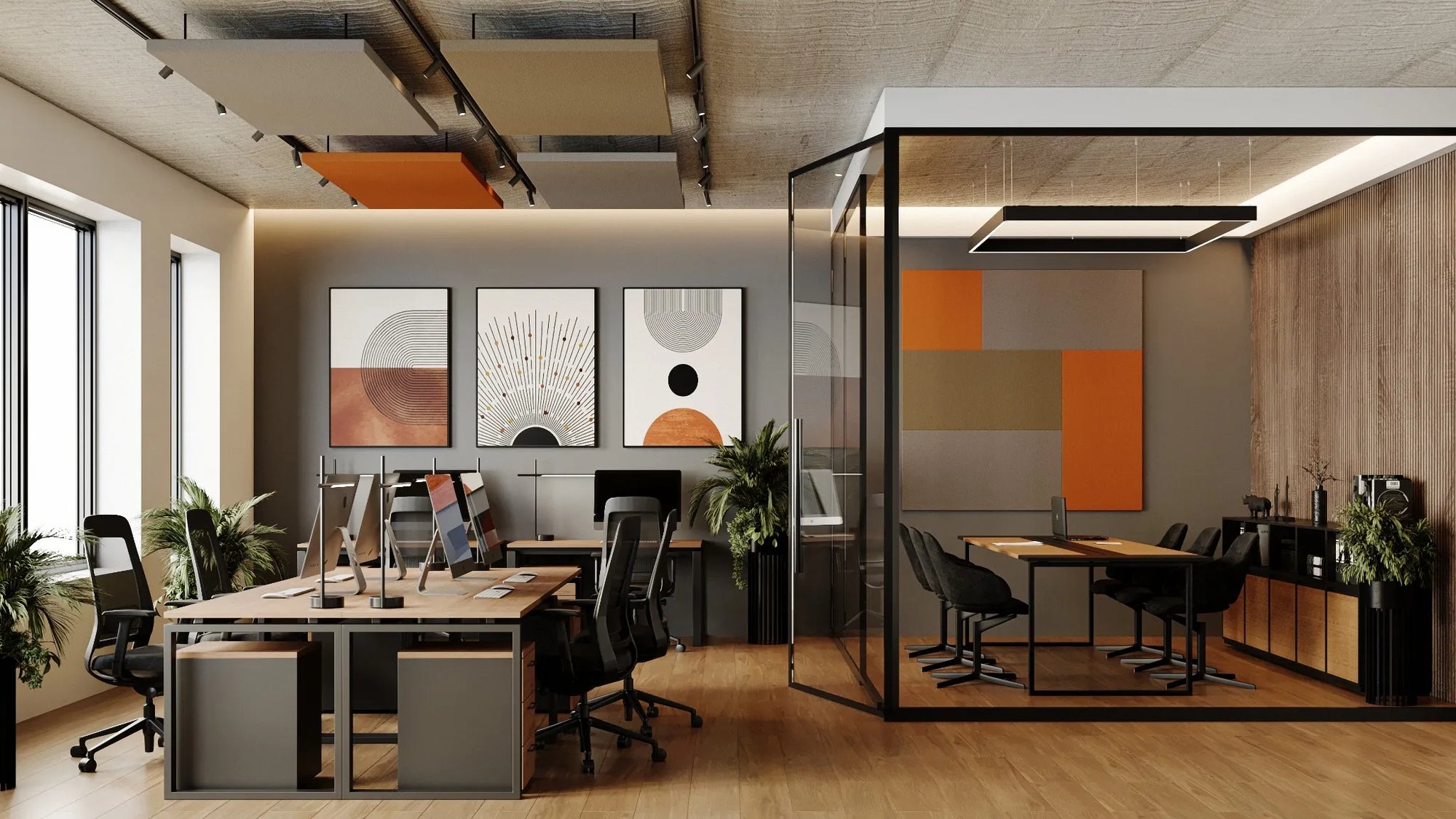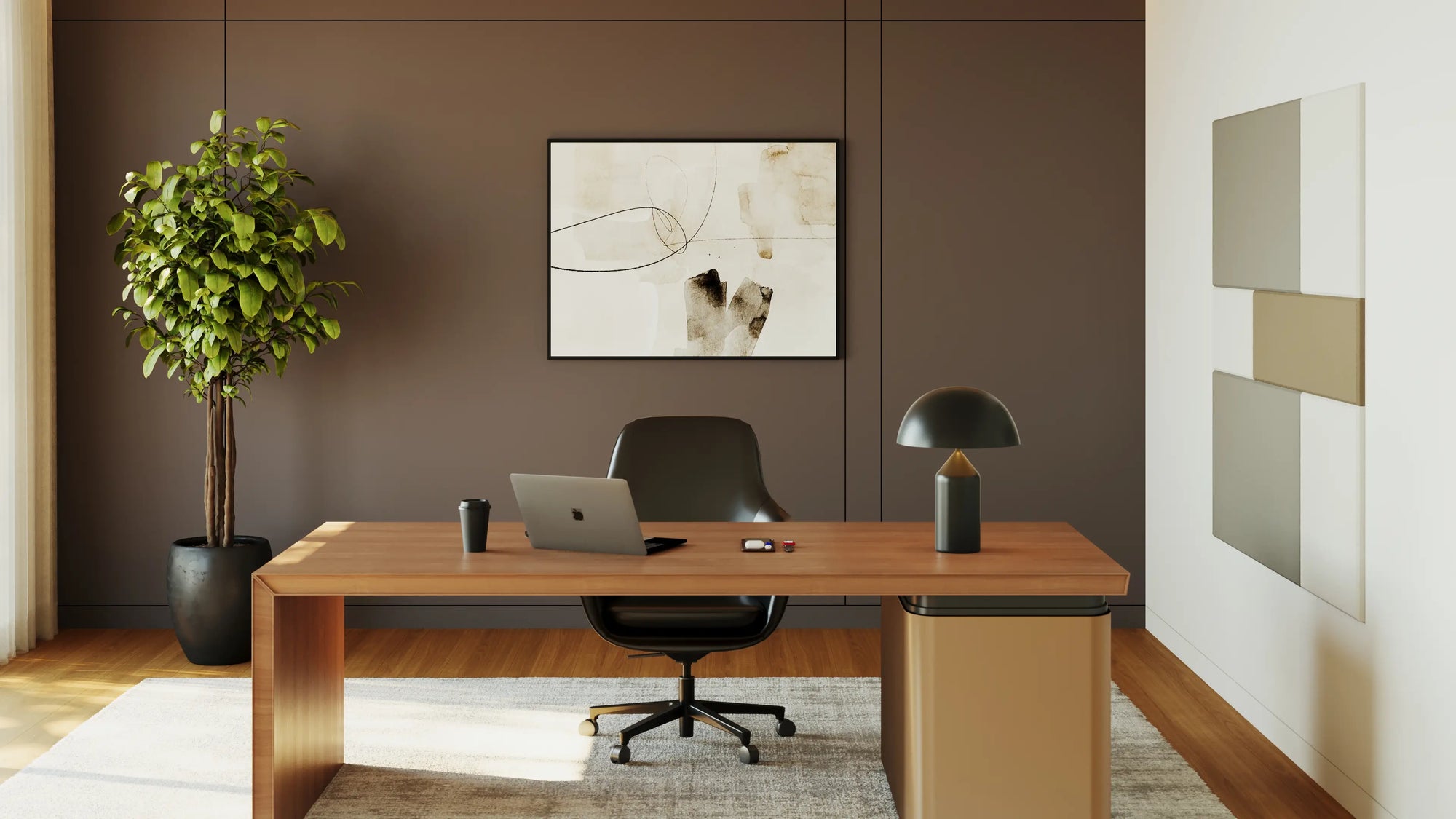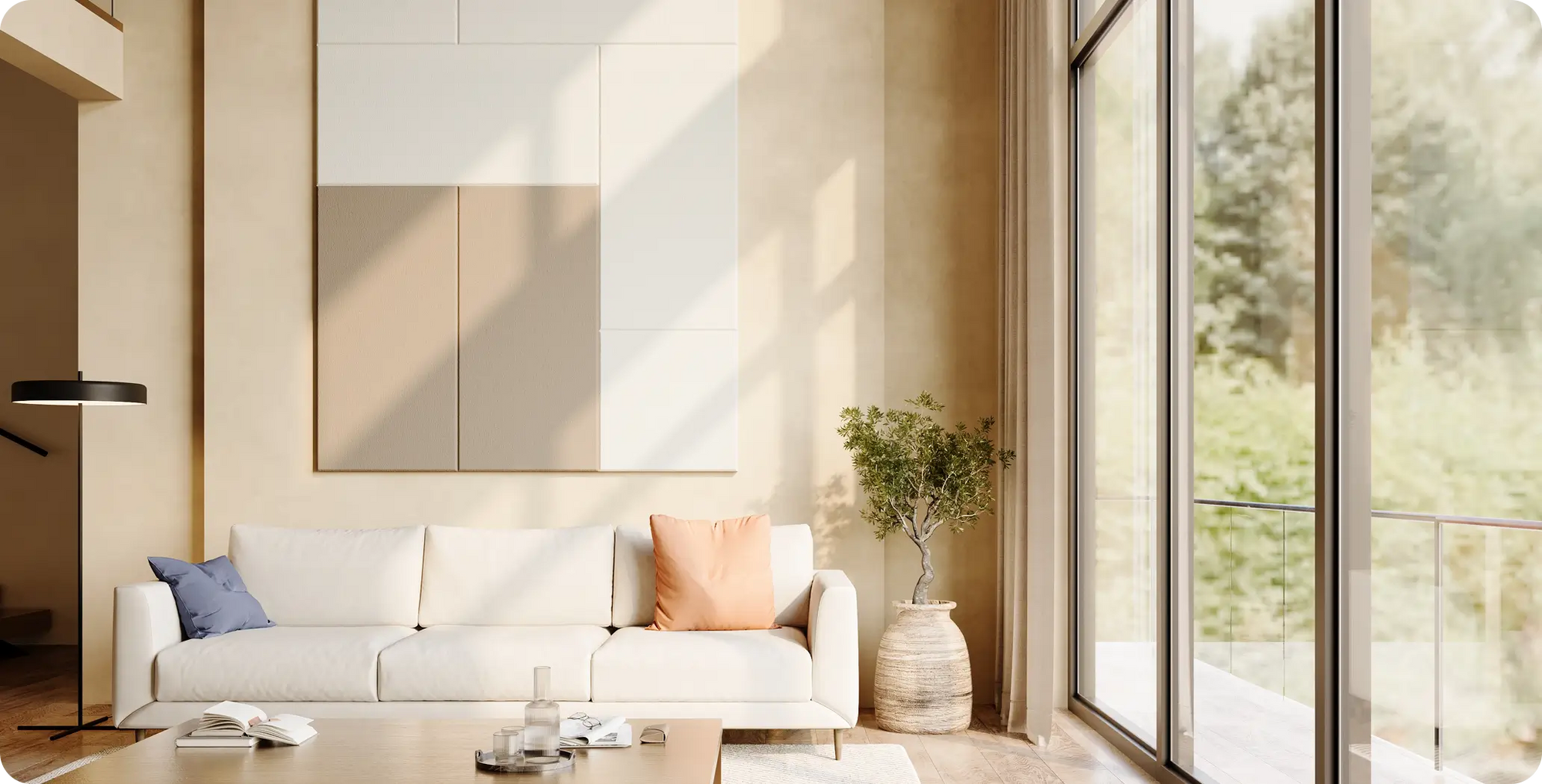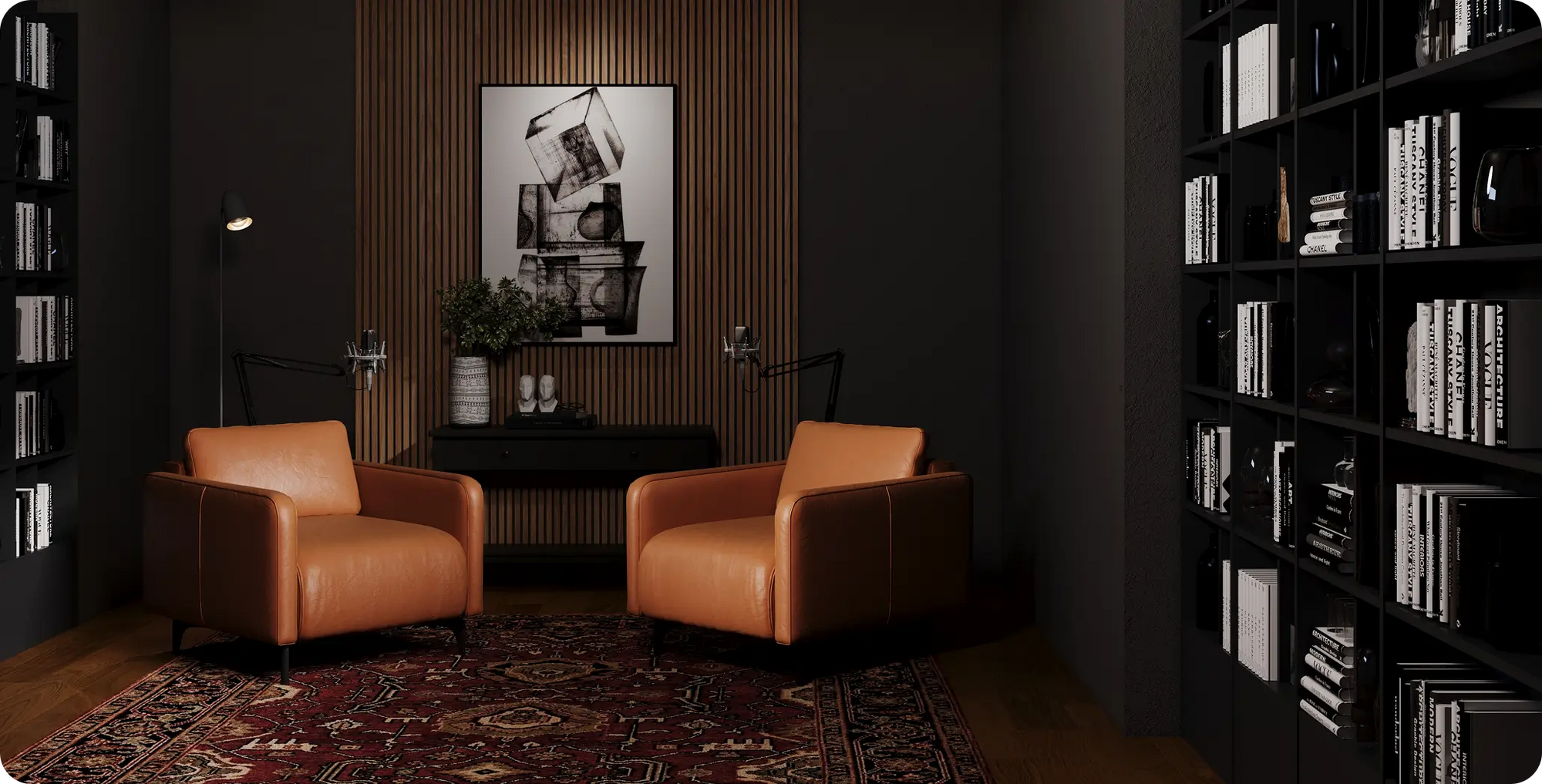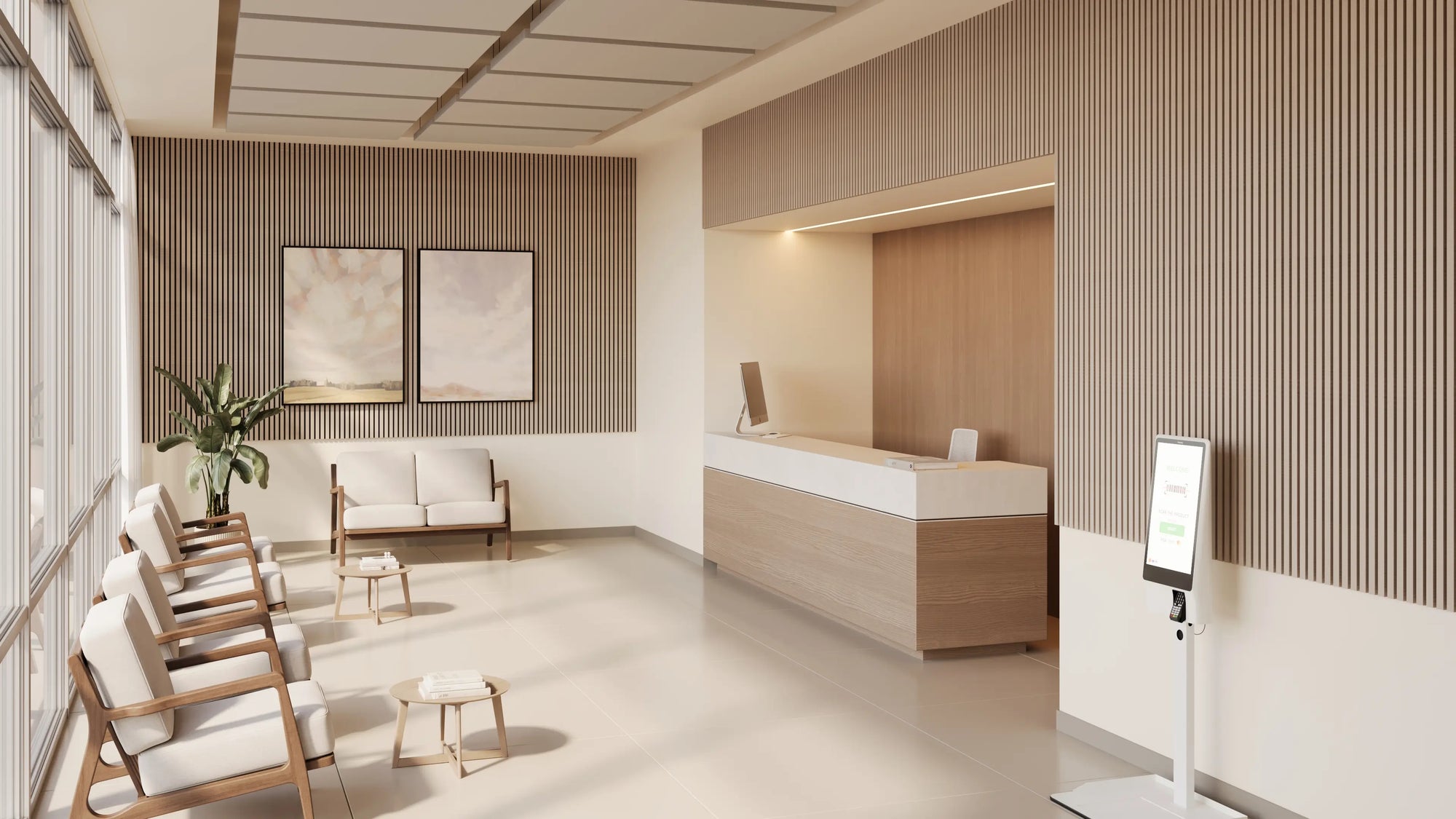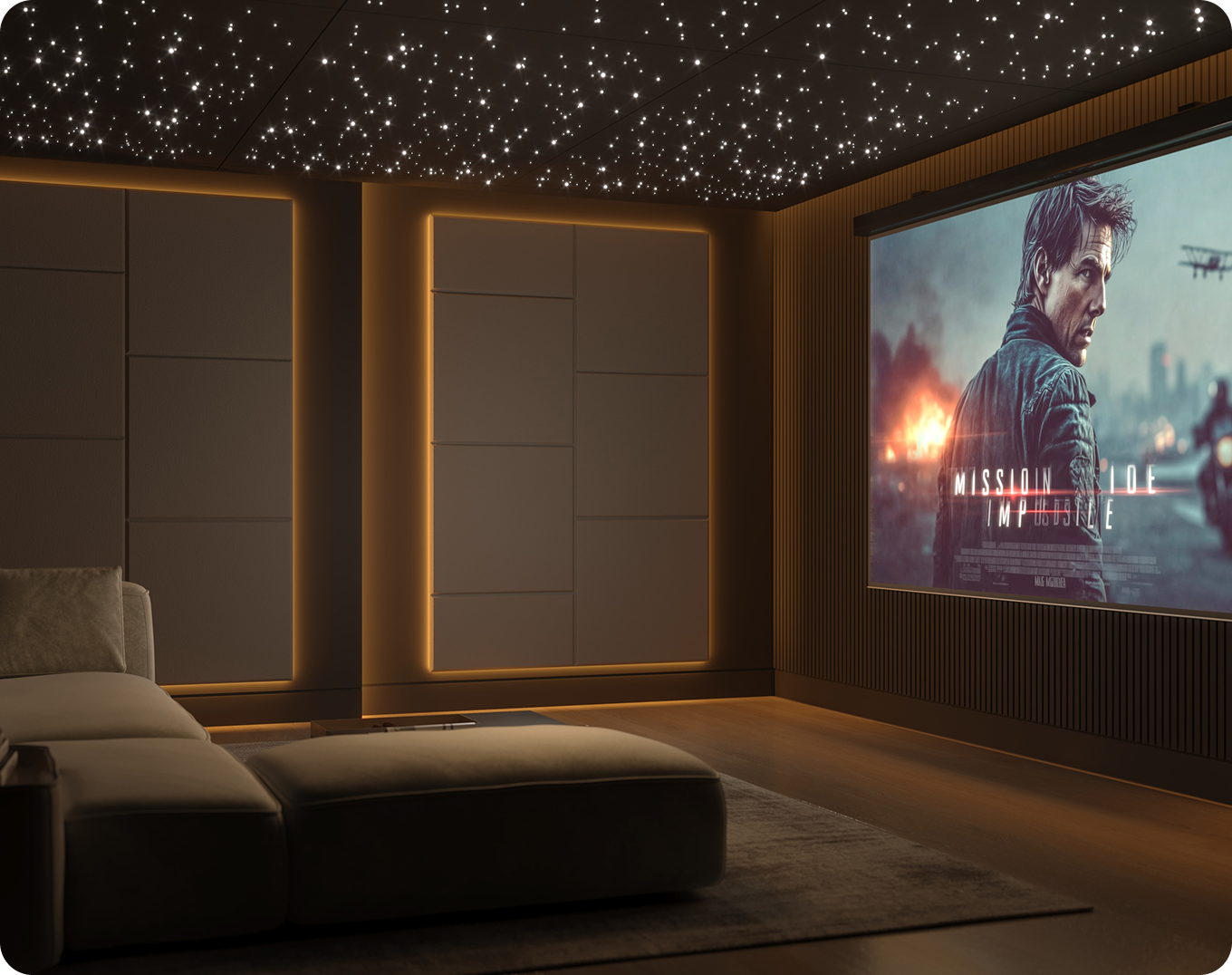Turn your home theater into an immersive cinematic escape with Overtone’s solutions. Our acoustic treatments and soundproofing panels contain noise and refine every sound wave for clear dialogue, deep bass, and balanced acoustics. By absorbing echoes and isolating your space from outside noise, they create an experience where every whisper, explosion, and soundtrack is heard fully.
Find Your Ideal Acoustic Match
Create the perfect sound environment with a kit designed for your space.
Home Theater - Small Room Starter Kit
Home Theater - Small Room Starter Kit
$343.99
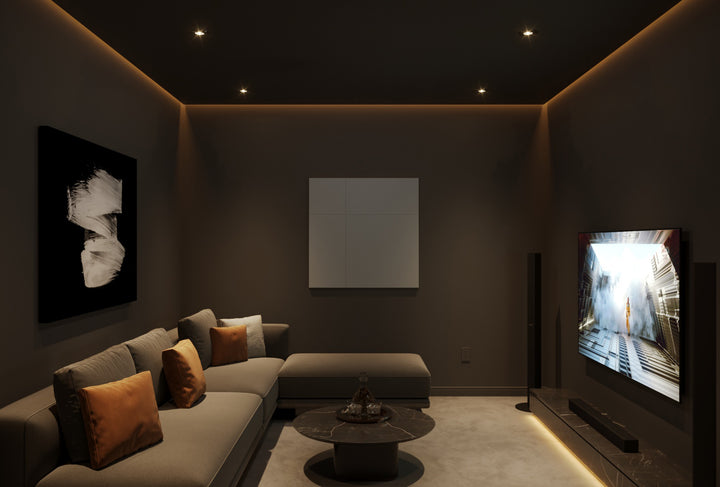
Home Theater - Small Room Pro Kit
Home Theater - Small Room Pro Kit
$396.99
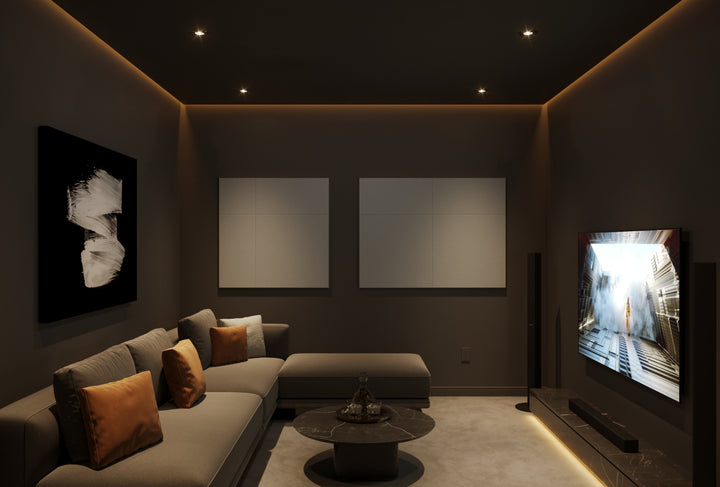
Home Theater - Medium Room Starter Kit
Home Theater - Medium Room Starter Kit
$873.99

Home Theater - Medium Room Pro Kit
Home Theater - Medium Room Pro Kit
$1,045.99
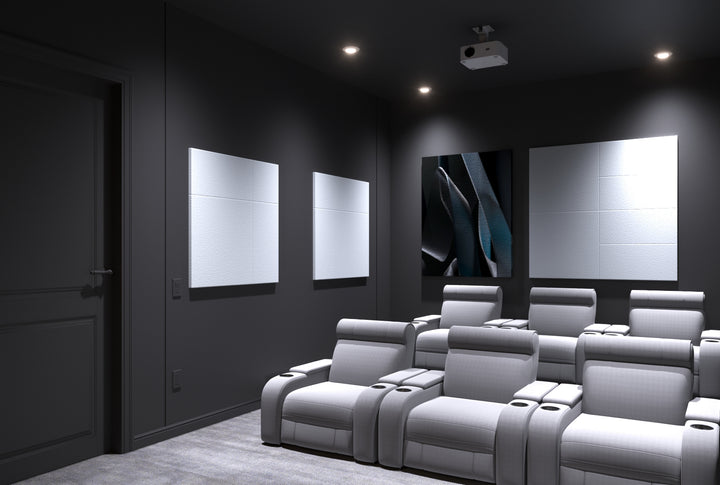
Home Theater - Large Room Starter Kit
Home Theater - Large Room Starter Kit
$1,487.99
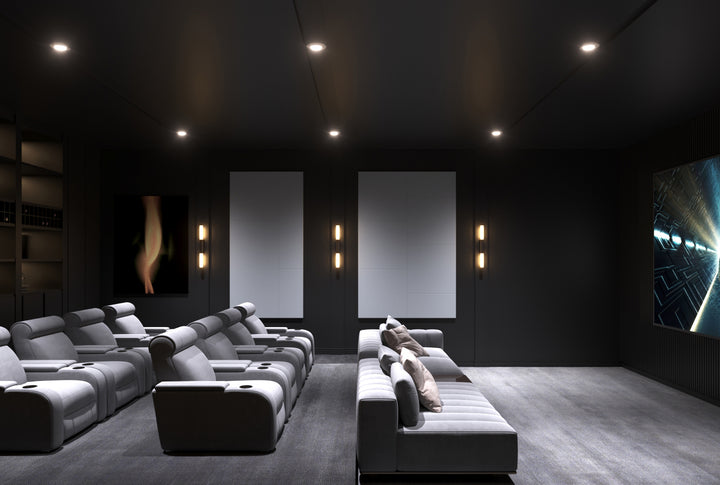
Home Theater - Large Room Pro Kit
Home Theater - Large Room Pro Kit
$1,788.99
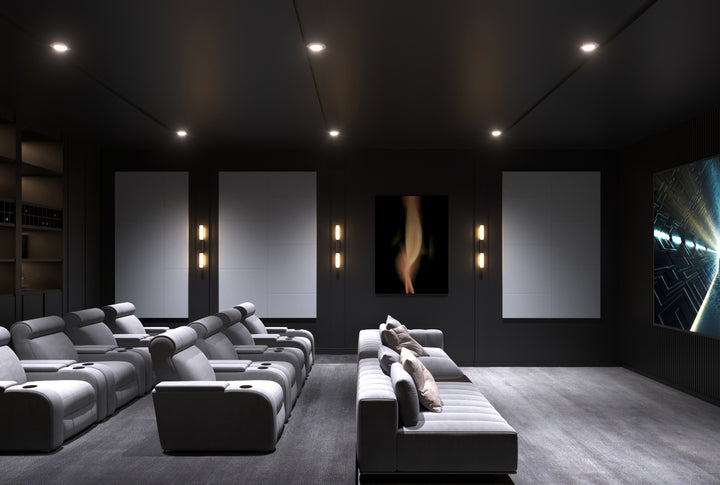
FAQ
Use our acoustic calculator below—enter your room dimensions and materials to get instant recommendations for the perfect setup.
If you need help, our expert team is ready to offer personalized recommendations to make sure your space sounds just right.
Still have questions?
Enter your email for a free consultation with us. We’ll get back to you with personalized acoustic recommendations for your space.
